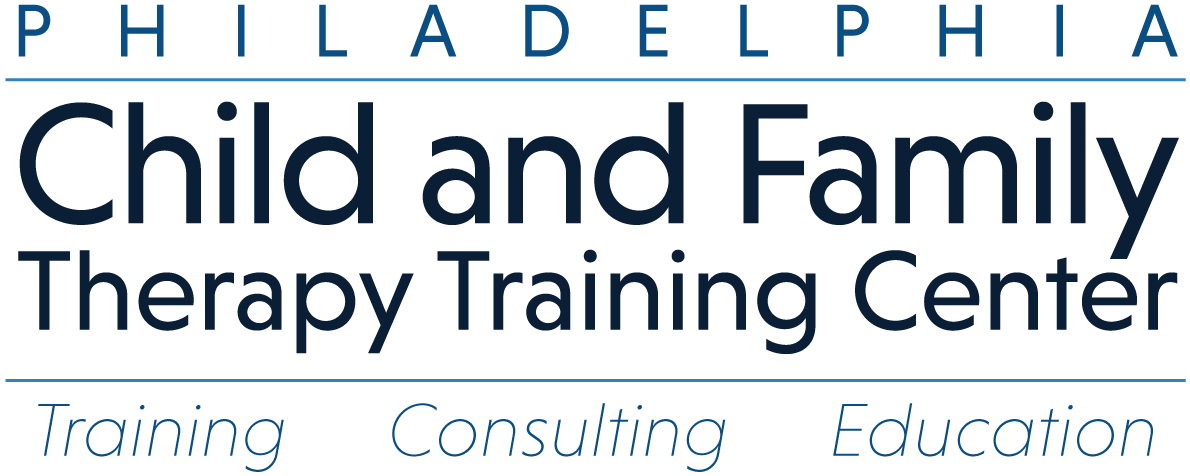
Dr. Kenneth Hardy’s work offers a profound framework for understanding power, privilege, and oppression within therapeutic relationships and broader social systems. His concepts of the tasks of the privileged and the tasks of the subjugated challenge therapists to examine not only the dynamics within the families they serve, but also the relational forces that exist between therapist and client.
Hardy (2016) explains that privilege and subjugation are relational positions, not fixed identities—both shaped by historical, social, and cultural contexts. Those in positions of privilege have the task of acknowledging, naming, and owning their privilege. This includes developing an awareness of how their position influences interactions, interpretations, and access to resources. Privileged individuals must resist the temptation to minimize or universalize experiences of marginalization and instead cultivate curiosity and humility.
Conversely, the tasks of the subjugated involve reclaiming voice, validating lived experience, and challenging the internalized messages that come from systemic oppression. These tasks are not the responsibility of the oppressed alone, but require environments where it is safe to speak truth and be believed.
In Ecosystemic Structural Family Therapy (ESFT), joining—the process of authentically entering a family’s world—is at the heart of systemic change. Hardy’s framework deepens our understanding of joining by reminding us that power differentials always exist in the therapy room. Therapists, whether aware or not, bring their own privilege into the system—through education, race, class, professional role, or authority. When privilege goes unacknowledged, it can replicate the very hierarchies that perpetuate distress within families.
To join effectively, therapists must intentionally decenter themselves and cultivate empathy through curiosity and transparency. They must ask: “What might it be like for this family to be joined by someone in my position?” and “How might my privilege or my own subjugated experiences be shaping how I join?”
By integrating Hardy’s lens, joining becomes not just a clinical technique, but an act of social justice—a way of restoring balance in relationships fractured by inequity. True joining honors both voices: the courage of the subjugated to speak and the humility of the privileged to listen.
Reference:
Hardy, K. V. (2016). The View from Black America: Reflections on My Work and Journey. In D. Combs et al. (Eds.), Family Therapy Review: Contrasting Contemporary Models. Routledge.
